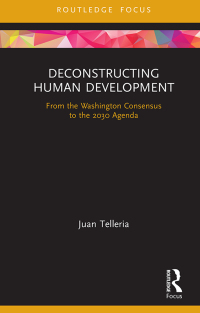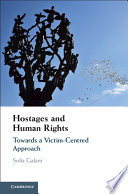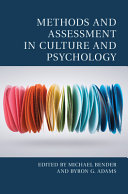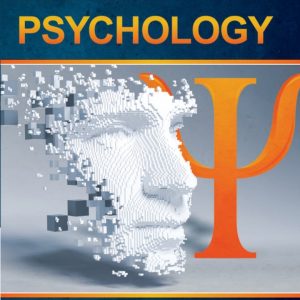Buy Deconstructing Human Development: From the Washington Consensus to the 2030 Agenda 1st Edition PDF ebook by author Juan Telleria – published by Routledge in 2021 and save up to 80% compared to the print version of this textbook. With PDF version of this textbook, not only save you money, you can also highlight, add text, underline add post-it notes, bookmarks to pages, instantly search for the major terms or chapter titles, etc.
You can search our site for other versions of the Deconstructing Human Development: From the Washington Consensus to the 2030 Agenda 1st Edition PDF ebook. You can also search for others PDF ebooks from publisher Routledge, as well as from your favorite authors. We have thousands of online textbooks and course materials (mostly in PDF) that you can download immediately after purchase.
Note: e-textBooks do not come with access codes, CDs/DVDs, workbooks, and other supplemental items.
eBook Details:
Full title: Deconstructing Human Development: From the Washington Consensus to the 2030 Agenda 1st Edition
Edition: 1st
Copyright year: 2021
Publisher: Routledge
Author: Juan Telleria
ISBN: 9781003043652
Format: PDF
Description of Deconstructing Human Development: From the Washington Consensus to the 2030 Agenda 1st Edition:
“This book provides a critical deconstruction of the human development framework promoted by the United Nations Development Programme (UNDP) since 1990. Taking the Human Development Reports of the UNDP as its starting point for reflection, this book investigates the construction of this framework as well as its political function since the end of the Cold War. The book argues that the UNDP’s discourse on development relies on essentialist philosophical, cultural and political assumptions dating back to the 19th century and concludes that these assumptions – also present in the MDGs and SDGs – impede a full grasp of the complex and multi-layered global problems of the current world. Whilst development critiques traditionally relied on liberal, Marxist or Foucauldian theoretical frameworks and focused on epistemological or political economy issues, this book draws on the post-foundational and post-structuralist work of Ernesto Laclau and Jacques Derrida and proposes an ontological and relational reading of development discourses that both complements and further develops the insights of previous critiques. This book is key reading for advanced students and researchers of Critical Development Studies, Political Science, the UN, and Sustainable Development”–





